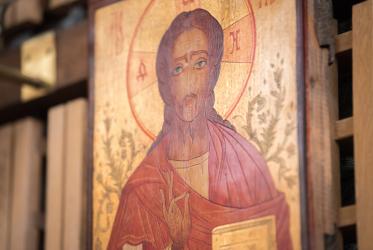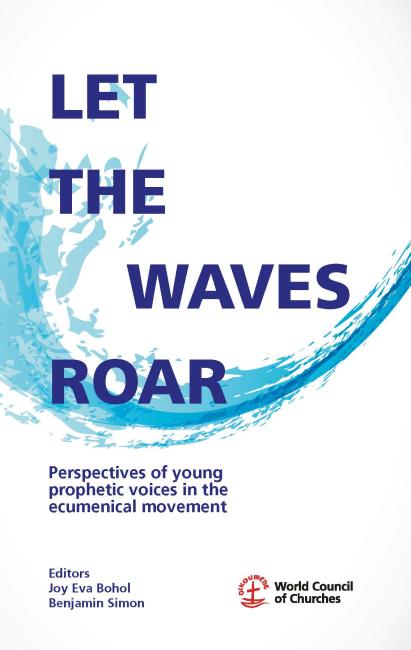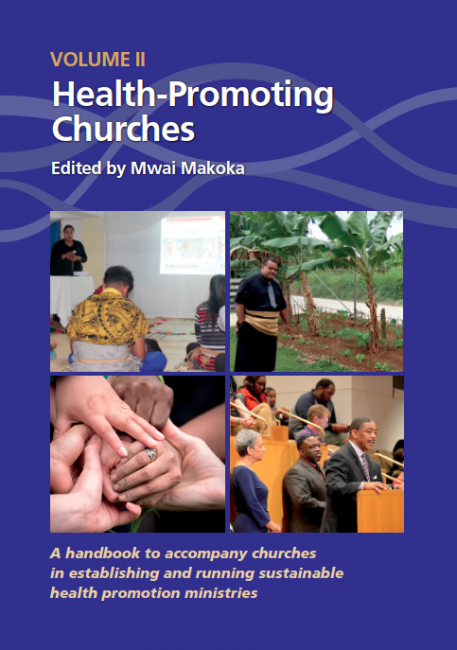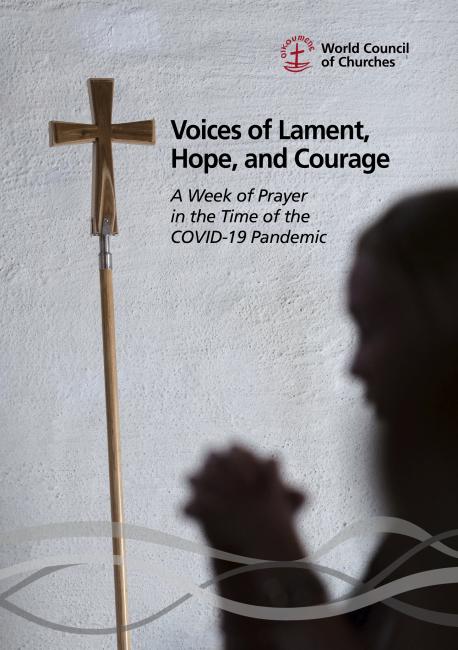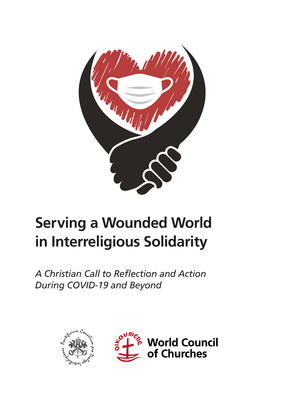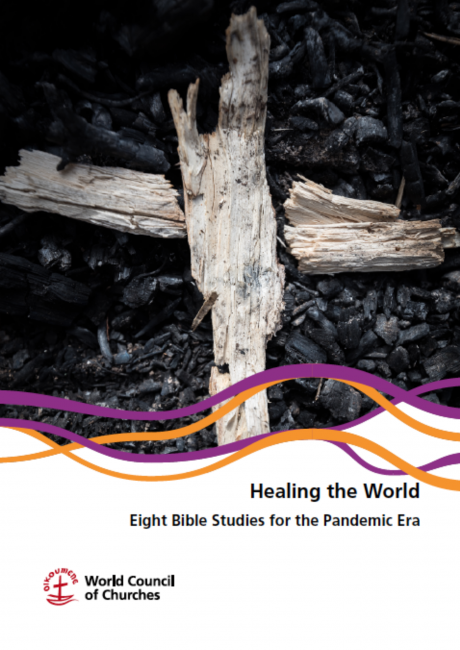Displaying 1 - 16 of 16
Health-Promoting Churches Volume III
Contextual Bible Studies on Health and Healing
04 September 2022
Towards an Ecumenical Theology of Companionship: PJP Series 3
A Study Document for the Ecumenical Pilgrimage of Justice and Peace
19 August 2022
Called to Transformation - Ecumenical Diakonia
09 June 2022
11th Assembly Bible study - Pentecost
22 December 2021
11th Assembly Bible study - Easter
20 December 2021
Let the Waves Roar
Perspectives of Young Prophetic Voices in the Ecumenical Movement
19 December 2021
Health-Promoting Churches Volume II:
A handbook to accompany churches in establishing and running sustainable health promotion ministries
28 April 2021
Voices of Lament, Hope, and Courage
A Week of Prayer in the Time of the COVID-19 Pandemic
18 March 2021
Ecumenical Global Health COVID-19 Response Framework
12 November 2020
Serving a Wounded World in Interreligious Solidarity
A Christian Call to Reflection and Action During COVID-19 and Beyond
25 October 2020
The Call of Abraham: Blessings and Testings for the Church
29 September 2020




